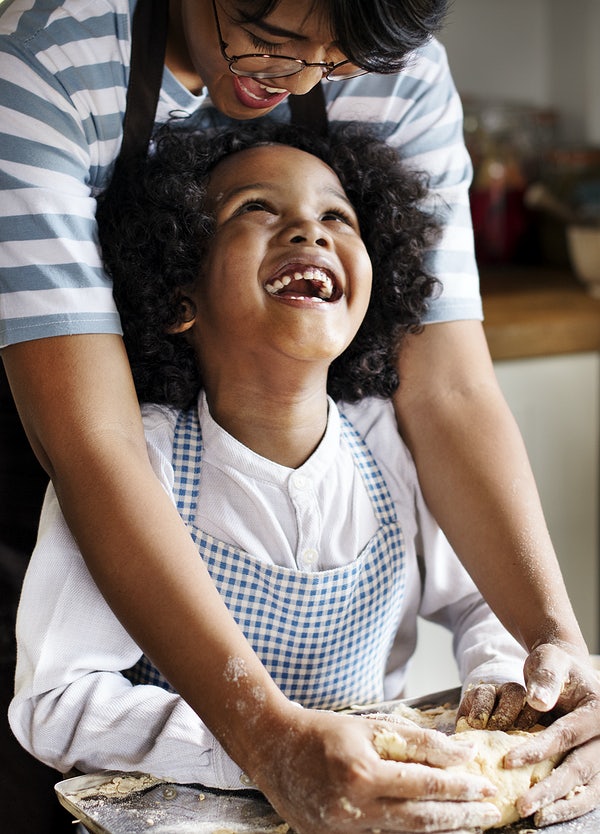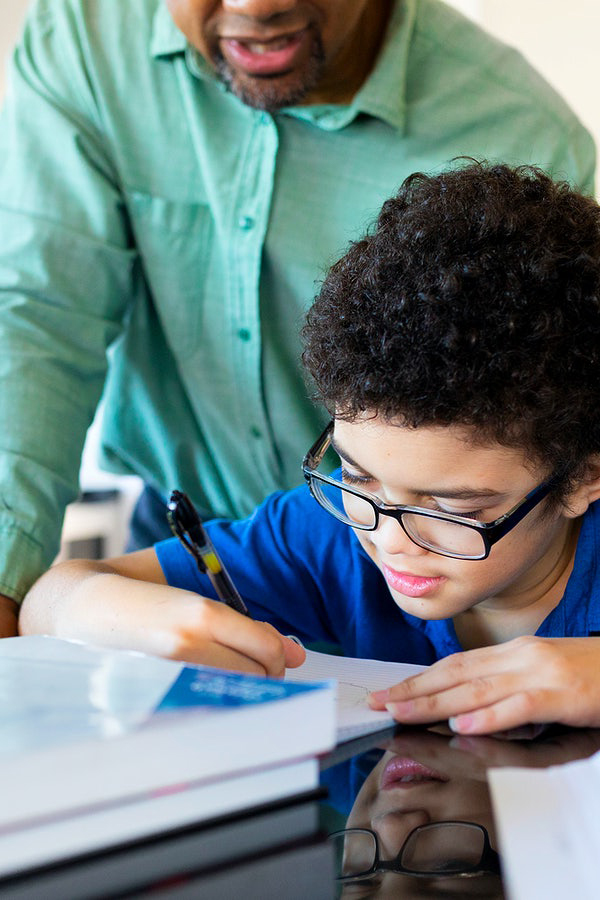Newly Approved Careers
Where a person applies to become a foster carer and it is decided to assess their suitability, the following information must be obtained as soon as reasonably practicable relating to the applicant
WELCOMING
A FOSTER CHILD
Wherever possible there should be a period of introductions between the child and the foster carers.
This should involve the following:
- The child receiving information about the foster home including a profile of the foster carers and members of their household and family network; and
- A meeting between the child and the carers, preferably at the foster home, as an initial introduction during which the child can become familiar with the house and the household;
- Ideally, the child having at least one overnight visit before a placement is confirmed.
Throughout the introduction process, carers will discuss issues with the child regarding routines within the placement, information about bedtimes, meals, visitors, pocket money, school, privacy and the overall expectations regarding behaviour within the placement. Equally, the child is encouraged to discuss their views and what expectations they have in an effort to resolve any uncertainties/concerns at the outset and to reinforce transparency and honesty to the child.

PLACEMENT PROCESS
Once a decision has been made to make a placement, a pre-placement planning meeting should take place between the foster carers, the supervising social worker and the placing local authority. If appropriate the child and his/her family/significant others should attend.This meeting must consider and agree the detailed placement arrangements for the child.
Where it is not possible to hold a pre-placement planning meeting, for example where the placement has to be made in an emergency, a planning meeting must take place within 5 working of the placement. The main purpose of the planning meeting is to share full information about the child with the foster carers and agree the contents of the Placement Plan which will include confirmation of the following arrangements:
- Registration of the child with local health professionals (GP, Dentist and Optician) and arrangements for the child’s health care (including the administration of medication). Any other health professionals involved will be informed of the placement by the placing authority and a decision made by the relevant health trust with regard to future plans for their continued involvement or moving to a more local provision;

KEEPING FOSTERING RECORDS
Each carer (and other members of their household) must have an electronic case record from the point of at which they express an interest in registering as a carer with the agency, to the time they leave the agency.Where paper files are also kept, information held in electronic records must accurately reflect the corresponding information recorded within paper files. All records, irrespective of whether they are physical or electronic, should be securely kept and electronic messaging (e.g. e-mails) should also be sent in a secure and safe way so as to preserve their confidential and professional nature.
Care must be taken to ensure that information contained in records is relevant and accurate and is sufficient to meet legislative responsibilities and the requirements of these procedures. Every effort must be made to ensure records are factually correct. Records must distinguish clearly between facts, opinions, assessments, judgements and decisions. Records must also distinguish between first-hand information and information obtained from third parties.
All records held on carers and the children placed with them must be kept securely. Any paper files/records should normally be stored in a locked cabinet, or a similar manner, usually in an office which only staff have access to. These records should not be left unattended when not in their normal location. All electronic records must be kept securely and comply with the requirements of the Data Protection Act 2018 This will include arrangements such as:
